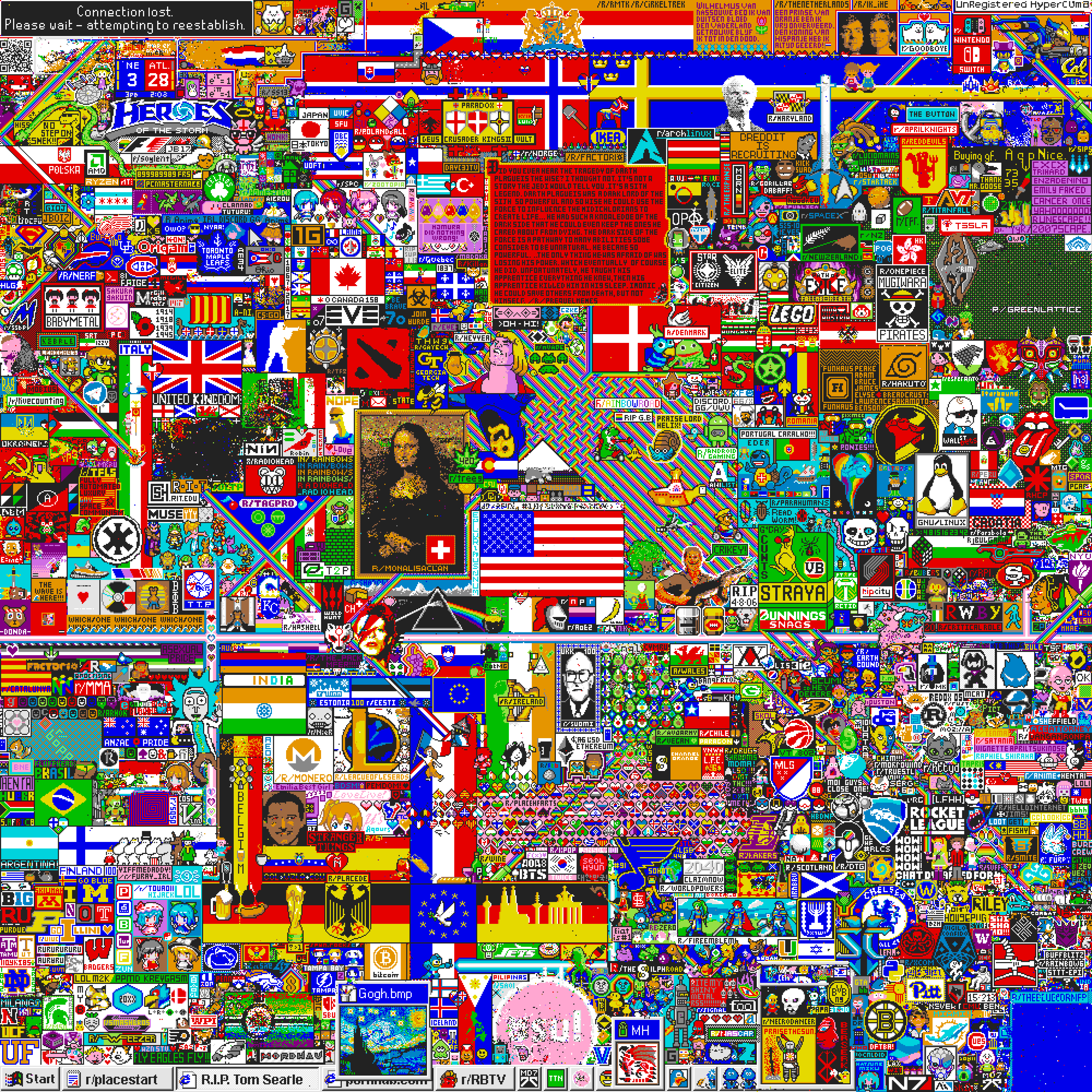Tilde Communities
My first exposure to a tilde community was an article about tilde.club, which was described by its creator Paul Ford as "one cheap, unmodified Unix computer on the Internet". This simple idea spawned a flood of creativity and community that serve as an excellent lesson in the study of community. Today, we will be reflecting on the original tilde community and exploring other tilde communities that followed it.
The Original Tilde Community
You can still visit it here.
Trust
One of the core principles of tilde communities, whether conscious or not, was trust. One person had to stand up and say, "I will be your host, please entrust me to provide what services I can for the existance of our community". And doing so is no easy feat, it takes responsibility, emotional maturity, and a heap of fun-loving foolishness. One such responsibility is to set the precedent of how strangers are treated in a community. When a host is open and friendly, strangers are encouraged to begin forming a relationship with the host and the place. The trust I'm talking about stems from this early interaction. The host trusts that strangers have good intentions and the strangers must trust that the host has good intentions. This is scary, but fire forges the strongest metals (or something like that).
Size
Tilde communities clearly illustrate the effect of size on a community. Right now, there are 637 accounts on tilde.club, and there is a long waitlist. I don't know if there has ever been a trimming of the tree, but I expect it wouldn't be the worst thing in the world - there are a good number of dead pages between active ones (as should be expected I suppose).
But the limited size affords certain benefits. Users are able to comprehend the extent of their neighborhood and feel as though they play a valuable roll in the group. It gives a feeling of importance and of 'us'-ness (the word I'm looking for is probably community). Without the eternal september, the place itself doesn't need to be anything other than a cheap Unix computer on the internet.
Barrier to Entry
Beyond the size of the community lies another barrier to entry: novice computer knowledge.
- The idea of unix knowledge (although light in the grand scheme), and basic html is the perfect amount of barrier for technical entry.
Environment
- The space itself has properties that perpetuate community structures and allow independent expression.
Other Tilde Communities
http://tilde.club/~pfhawkins/othertildes.html
http://tilde.club/~jonbell/
How it Works
How unix/home directory works.
How access works.
How hosting works.
How security/backups work.
- Most of the time you don't want to freely give access to a server connected to the network. The opportunity for malicious actions is just too great.
